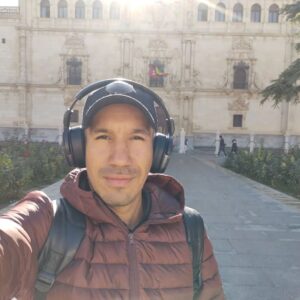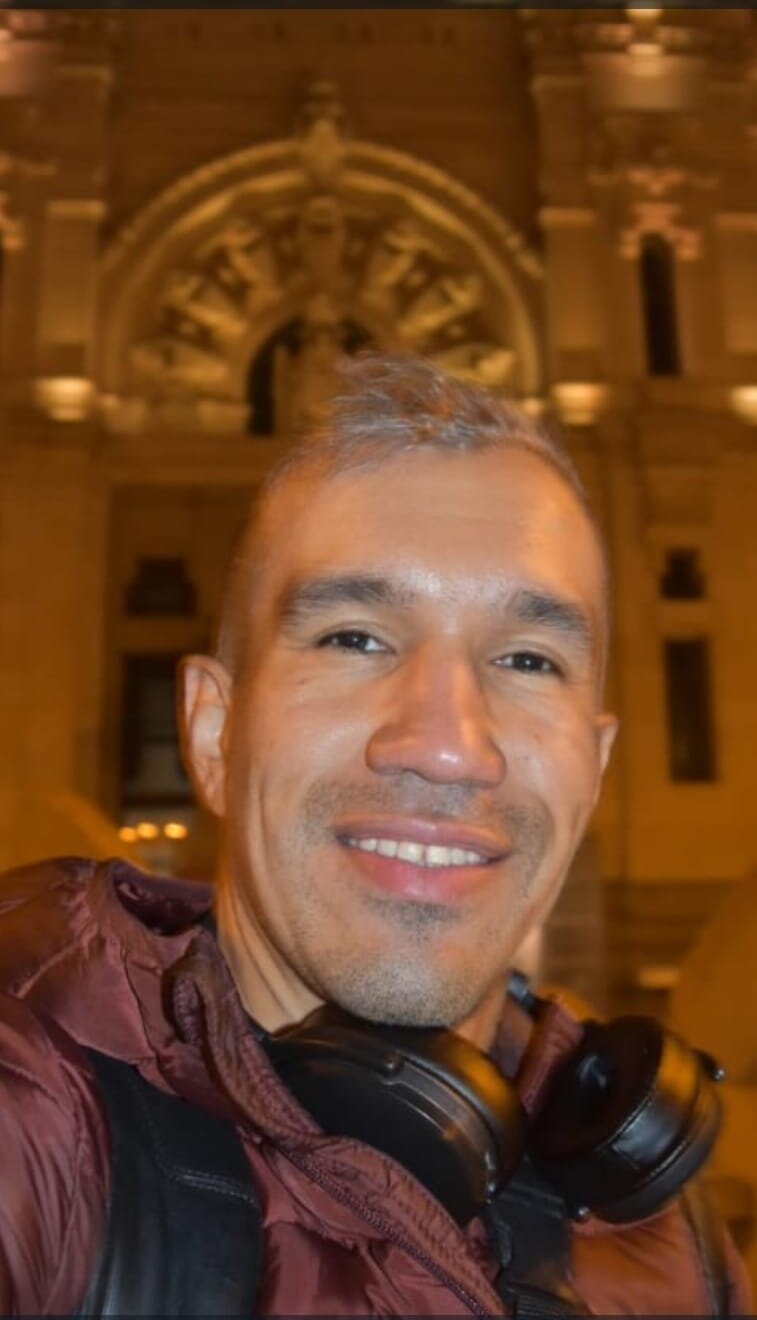Migrants in detention ‘faced month long wait for mental health assessments’ when man took his life
Published on 16 October 2024
Frank Ospina died while on suicide watch at Colnbrook Immigration Removal Centre (IRC), one of two IRCs at Heathrow Airport (Image: Mick Sinclair/Alamy, Instagram)

A jury has ruled Frank Ospina died by suicide following a catalogue of errors including a failure to conduct a key mental health assessment that could have led to his release from detention
Reports Aaron Walawalkar. Edited by Harriet Clugston.


